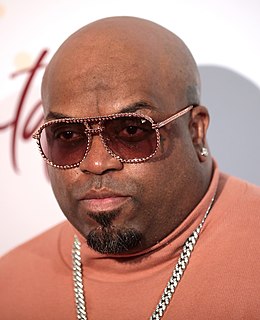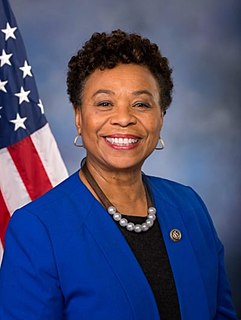A Quote by Rebecca MacKinnon
Even in democratic society, we don't have good answers how to balance the need for security on one hand and the protection of free speech on the other in our digital networks.
Related Quotes
Our democratic values also include - and our national security demands - open and transparent government. Some information obviously needs to be protected. And since his first days in office, President Obama has worked to strike the proper balance between the security the American people deserve and the openness our democratic society expects.
Our democratic values also include - and our national security demands - open and transparent government. Some information obviously needs to be protected. And since his first days in office, President Obama has worked to strike the proper balance between the security the American people deserve and the openness our democratic society expects.
I think that there’s going to be a rush to judgment on civil liberties, and a clamping down, a suspension of our democratic rights. And I believe that those who are good Americans would want to see this not happen and that we debate how to find a balance between the public safety and the protection of civil liberties.
We all know of the dangers and inequities of the traditional digital divide: People who have good access tocomputer networks have a distinct advantage - in terms of both life opportunities and quality of life, I wouldargue - over the vast majority of the world's population that does not yet have good access to computernetworks. The "other" digital divide points to an increasingly unstable situation that has developed inlibrarianship as digital libraries have evolved and matured.
Satire must always accompany any free society. It is an absolute necessity. Even in the most repressive medieval kingdoms, they understood the need for the court jester, the one soul allowed to tell the truth through laughter. It is, in many ways, the most powerful form of free speech because it is aimed at those in power, or those whose ideas would spread hate. It is the canary in the coalmine, a cultural thermometer, and it always has to push, push, push the boundaries of society to see how much it’s grown.
My belief in free speech is so profound that I am seldom tempted to deny it to the other fellow. Nor do I make any effort to differentiate between the other fellow right and that other fellow wrong, for I am convinced that free speech is worth nothing unless it includes a full franchise to be foolish and even...malicious.
A well-functioning democracy has a culture of free speech, not simply legal protection of free speech. It encourages independence of mind. It imparts a willingness to challenge prevailing opinion through both words and deeds. Equally important, it encourages a certain set of attitudes in listeners, one that gives a respectful hearing to those who do not embrace the conventional wisdom. In a culture of free speech, the attitude of listeners is no less important than that of speakers.
































